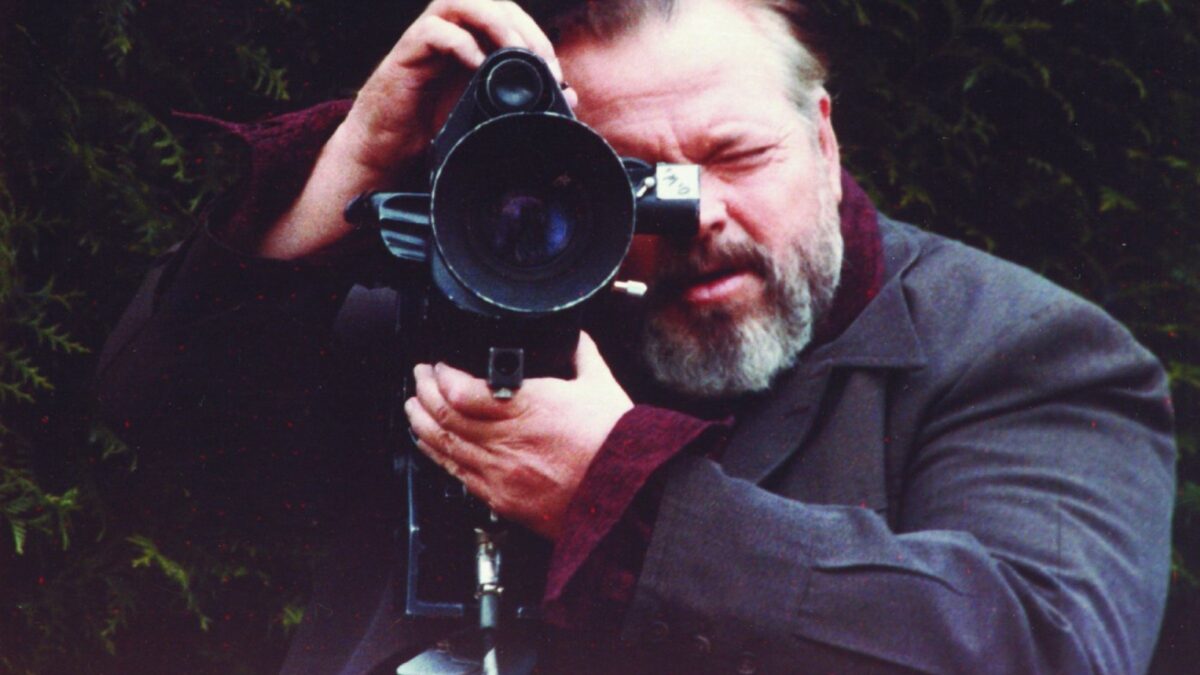
As a movie or TV director, you have an immense responsibility on your shoulders.
As a director, you are the captain of the ship. You are responsible for navigating the creative vision, managing your crew and cast, and ensuring the project reaches its full potential. The success of your movie or TV show relies heavily on your ability to lead, make decisions, and collaborate with your team.
Whether you’re an aspiring director or an experienced professional, it’s essential to continually hone your skills and expand your knowledge to stay ahead of the curve.
This article will provide you with key insights and advice on how to excel in this role and achieve success in the competitive world of film and television directing. We’ll explore essential skills for movie and TV directors, basic filmmaking skills every director should master, and tips for navigating the world of TV directing. We’ll also discuss the art of storytelling as a filmmaker, managing your crew and cast effectively, and collaborating with producers and writers.
Let’s dive in.
Table of Contents
Essential Skills for Movie and TV Directors
Being a successful movie or TV director requires a diverse skillset that goes beyond just knowing how to operate a camera. In this section, we’ll explore some of the most important skills that every director should possess.
First and foremost, a director must have strong leadership skills. You will be responsible for guiding your team and making crucial decisions throughout the filmmaking process. This requires the ability to communicate your vision clearly, motivate your team, and maintain a positive working environment. It’s crucial to be decisive and assertive while also remaining open to feedback and collaboration.
Next, a director must have an excellent understanding of visual storytelling. This involves knowing how to frame a shot, use color and light to convey emotions, and create dynamic, engaging scenes. A strong grasp of film language and techniques, such as blocking, camera angles, and shot composition, are essential for communicating your vision effectively and creating a compelling visual narrative.
Another vital skill for a movie or TV director is adaptability. The world of film and television production is unpredictable, and you must be prepared to deal with unexpected challenges and changes. This could involve reworking a scene due to location issues, finding creative solutions to technical problems, or adjusting your approach when working with different actors. Being flexible and able to think on your feet is crucial to keeping your project on track and ensuring a successful outcome.
Basic Filmmaking Skills Every Director Should Master
The role of a movie director may seem glamorous, but it is one of the most challenging and demanding positions in the entertainment industry. You are constantly juggling creative, technical, and managerial tasks while working under tight deadlines and budgets. However, the rewards can be immense. A successful director can leave a lasting impact on audiences and shape the course of cinema and television history.
While a director’s primary focus is on the creative vision of a project, having a solid foundation in basic filmmaking skills is essential. This not only allows you to communicate more effectively with your crew but also enables you to make informed decisions and solve problems during production.
Here are a few basic filmmaking skills that every director should master:
Screenwriting
Even if you’re not writing the script yourself, it’s essential to understand the fundamentals of screenwriting. This includes knowing how to structure a story, develop compelling characters, and craft engaging dialogue.
Being familiar with screenwriting conventions and formatting will also help you analyze and revise scripts more effectively.
Cinematography
A director must have a solid understanding of cinematography to create a visually compelling film or TV show. This involves knowing how to frame shots, use lighting to create mood and atmosphere, and select the right lenses and camera settings for a particular scene. Familiarity with different camera types and their capabilities is also crucial to ensure you’re using the right tools for the job.
Editing
While the editor is responsible for piecing together the final film or TV show, a director must have a basic understanding of editing to make informed decisions during production. This includes knowing how to shoot coverage, understanding the editing process, and being able to communicate your vision to the editor effectively. Familiarity with editing software is also helpful when reviewing footage and making quick edits on set.
Sound Design
Sound is an often-overlooked aspect of filmmaking, but it can make a significant impact on the final product. A director must understand how to use sound to create mood and atmosphere, convey emotion, and enhance the overall storytelling. This involves knowing how to record quality sound on set, selecting the right music and sound effects, and collaborating with a sound designer during post-production.
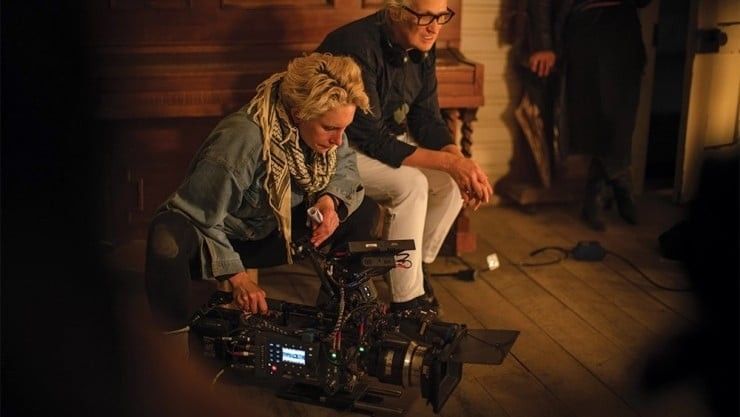
Navigating the World of TV Directing
While many of the skills required for movie and TV directing overlap, there are some key differences to keep in mind when working in television. TV directing often involves working with a pre-existing show and established characters and storylines, which can be both a challenge and an opportunity.
Here are some tips for navigating the world of TV directing:
Study the Show
Before diving into a TV directing job, it’s essential to familiarize yourself with the show’s style, tone, and visual language. Watch multiple episodes and analyze the directing choices, camera techniques, and editing style. This will help you understand the show’s overall vision and make informed decisions that align with the established aesthetic.
Collaborate with the Showrunner
The showrunner is the person in charge of the show’s creative vision, and it’s crucial to establish a positive working relationship with them. Communicate your ideas and vision clearly, but also be open to feedback and adjustments. Collaborating with the showrunner will help ensure your work aligns with the show’s overall direction and maintain consistency throughout the season.
Be Efficient
TV directing often involves working under tight schedules and budgets, which requires efficiency and adaptability.
Familiarize yourself with the show’s production schedule and plan your shoot days accordingly. Be prepared to work quickly and make decisions on the fly to stay on schedule.
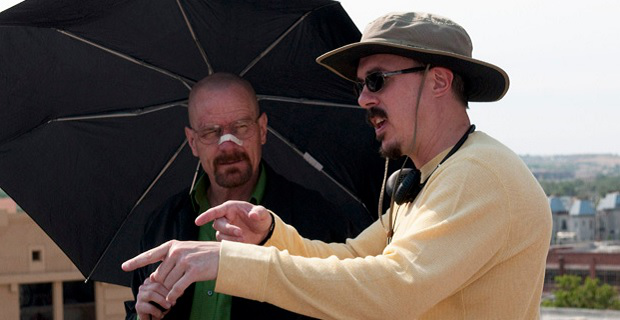
The Art of Storytelling as a Filmmaker
At its core, filmmaking is all about storytelling.
Whether you’re creating a feature film or a TV show, the ability to craft a compelling narrative is essential. Here are some tips for mastering the art of storytelling as a filmmaker:
Develop Strong Characters
Compelling characters are the heart of any great story, and it’s essential to spend time developing your characters before diving into the script. Create detailed character biographies, consider their motivations and desires, and think about how they will evolve over the course of the story. Strong characters will not only engage your audience but also provide a foundation for meaningful themes and conflicts.
Establish a Clear Theme
A theme is the central idea that drives your story and gives it meaning. It’s essential to establish a clear theme early in the development process and weave it throughout the narrative. This will help give your story a sense of purpose and provide a cohesive and satisfying resolution.
Utilize Visual Storytelling
Filmmaking is a visual medium for a reason, so utilizing visual storytelling techniques can take your story to the next level. Use color, lighting, and composition to convey emotion and mood, and consider how each shot contributes to the overall narrative. Visual storytelling can communicate complex ideas and emotions in a way that words alone cannot.
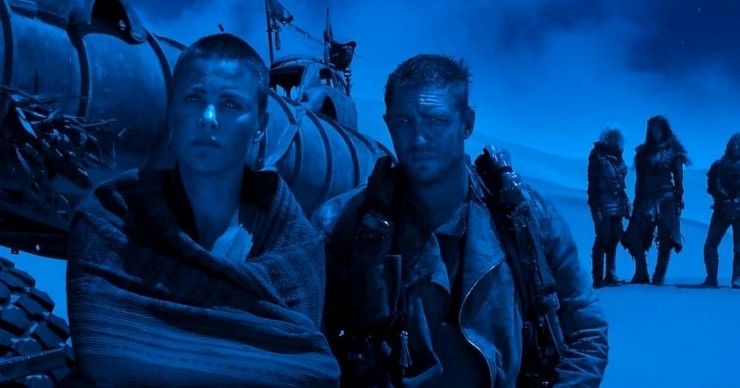
Managing Your Crew and Cast Effectively
As a director, managing your crew and cast effectively is crucial to keeping your production on track and ensuring a positive working environment. Here are some tips for managing your team:
Communicate Clearly
Clear communication is essential to ensuring that everyone is on the same page and working towards the same goal. Be open and transparent with your crew and cast, and provide clear instructions and feedback.
Directors should also encourage open communication on set and be willing to listen to feedback and concerns.
Foster a Positive Environment
Creating a positive and collaborative working environment is crucial to keeping your crew motivated and engaged. Encourage teamwork, provide opportunities for feedback and collaboration, and maintain a positive attitude. A positive environment will not only make the production process more enjoyable but also lead to a better final product.
Lead by Example
As the director, you set the tone for the entire production. Lead by example and demonstrate the behavior and work ethic you expect from your team. Be prepared, work hard, and maintain a positive attitude; your team will follow suit.

Collaborating with Producers and Writers
Collaborating with producers and writers is a crucial aspect of directing, as they will play a significant role in shaping the creative direction of your project.
Here are some tips for effective collaboration:
Be Open to Feedback
Producers and writers will have their own ideas and opinions about the project, and it’s essential to be open to their feedback and suggestions. Listen carefully to their input, and be willing to make adjustments to your vision if it aligns with the project’s overall goals.
Communicate Clearly
Clear communication is crucial when working with producers and writers. Be transparent about your vision and creative decisions, and provide clear feedback and suggestions. Open and honest communication will help ensure that everyone is working towards the same goal.
Maintain a Positive Relationship
Building a positive working relationship with producers and writers is essential to achieving a successful outcome.
Maintain a professional demeanor, be respectful of their ideas and opinions, and be willing to compromise when necessary. A positive relationship will not only make the collaboration process more enjoyable but also lead to a better final product.
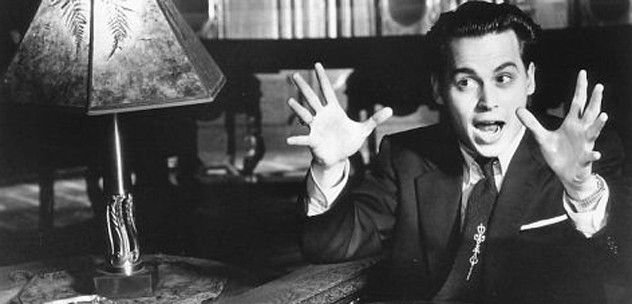
Overcoming Common Challenges for Directors
Directing is a challenging and often unpredictable job, so it’s essential to be prepared for common challenges that may arise.
Here are some tips for overcoming common challenges:
Dealing with Difficult Actors
Dealing with difficult actors is a common challenge for directors, but there are several strategies you can use to manage the situation.
Be clear and direct with your instructions, provide specific feedback, and maintain a professional demeanor. If necessary, consider bringing in a mediator or coach to help facilitate communication.
Working Under Tight Deadlines and Budgets
Working under tight deadlines and budgets requires efficiency and adaptability.
Plan your shoot days carefully, be prepared to make adjustments on the fly, and prioritize the most important shots and scenes. Communicate clearly with your crew and cast about the timeframe and budget constraints, and be willing to make compromises when necessary.
Managing Creative Differences
Creative differences are bound to arise during the filmmaking process, but it’s essential to handle them professionally and constructively. Listen carefully to the other person’s perspective, be open to compromise, and focus on finding a solution that aligns with the project’s overall goals.
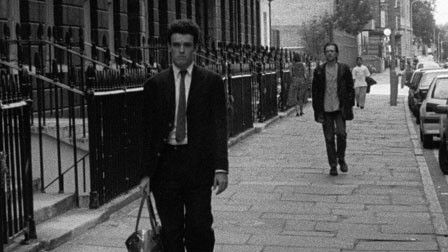
Continuing Education and Networking Opportunities
Even experienced directors must continue to learn and grow to stay ahead of the curve.
Here are some tips for continuing education and networking opportunities:
Attend Workshops and Conferences
Attending workshops and conferences is an excellent way to learn new skills, gain inspiration, and connect with other industry professionals. Look for events that focus on your specific area of interest or skillset, and be prepared to take notes and ask questions.
Join Professional Organizations
Joining professional organizations, such as the Directors Guild of America or the Independent Filmmakers Project, can provide valuable resources and networking opportunities. Attend events, participate in forums, and take advantage of any training or mentorship programs that are available.
Learn from Other Directors
One of the best ways to learn and grow as a director is to study the work of other directors. Watch films and TV shows from a variety of genres and time periods, and analyze the directing choices and techniques used. Take notes and consider how you can apply these techniques to your own work.
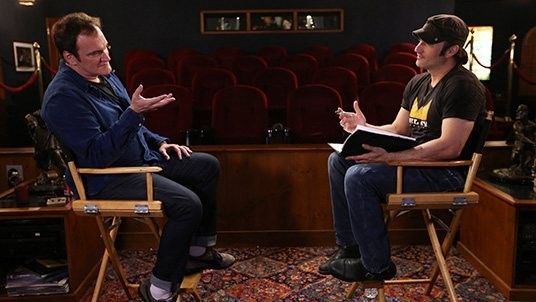
Leaving Your Mark on the Industry
Directing is a challenging and rewarding career path that requires a diverse skill set and a passion for storytelling. By mastering essential skills, honing your craft, and collaborating effectively with your team, you can leave your mark on the industry and create memorable and impactful films and TV shows.
Remember to stay open to learning and growth, and continue to push yourself creatively to achieve your full potential.
Let me know what you think in the comments.














